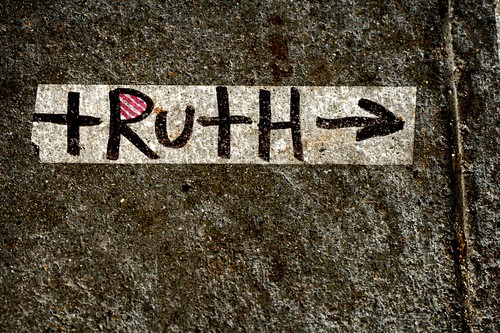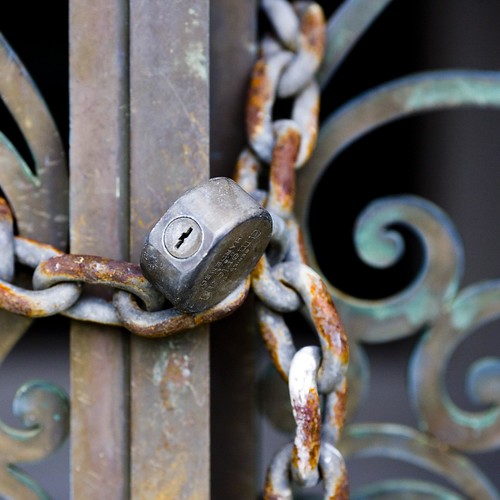(Another in the continuing “Monday Morning Insight” series of quotes to start the week.)
Today is John Steinbeck’s birthday (27 February 1902 – 20 December 1968). Steinbeck won the Nobel Prize for Literature in 1962, and wrote classics such as Of Mice and Men, Cannery Row, and The Grapes of Wrath (which won the Pulitzer Prize). As you might expect, Steinbeck had a few things to say about writing.
In the April 1947 issue of Cosmopolitan, for instance, Steinbeck said,
Ideas are like rabbits. You get a couple and learn how to handle them, and pretty soon you have a dozen.
The trick, of course, is to turn the ideas into fully-formed stories and books. It’s not always easy, and it’s not the most predictable line of work, as Steinbeck observed in a December 1962 issue of Newsweek,
The profession of book-writing makes horse-racing seem like a solid, stable business.
That’s why so many of us ply other trades to support our writing habits. But we persist (as I pointed out last week), whether we consider it art or craft or simply obsession. But how can we persist long enough to create something worthwhile? In June 1969, Steinbeck told The New York Times,
The writer must believe that what he is doing is the most important thing in the world. And he must hold to this illusion even when he knows it is not true.
Certainly the prolific writers I know prove that writing is the most important thing in their worlds — and I suspect one reason why my output is not what it could (or possibly should) be is that I don’t think of my own writing as all that important, and am too quick to prioritize other things over it.

How does writing compare to horse racing? (Image: “Horse Racing,” by Peter Miller, on Flickr, under Creative Commons.)
But before this blog post devolves into self-recrimination, how about something completely different?
Given our current political environment, it seems important to close with something Steinbeck wrote in one of the essays in the last book he published, 1966’s America and Americans.
The President must be greater than anyone else, but not better than anyone else. We subject him and his family to close and constant scrutiny and denounce them for things that we ourselves do every day. A Presidential slip of the tongue, a slight error in judgment — social, political, or ethical — can raise a storm of protest. We give the President more work than a man can do, more responsibility than a man should take, more pressure than a man can bear. We abuse him often and rarely praise him. We wear him out, use him up, eat him up. And with all this, Americans have a love for the President that goes beyond loyalty or party nationality; he is ours, and we exercise the right to destroy him.
Thus it has ever been. So even if writing is less stable than horse-racing, maybe it’s not so bad after all.
(But I still think I’d make a good President.)

















